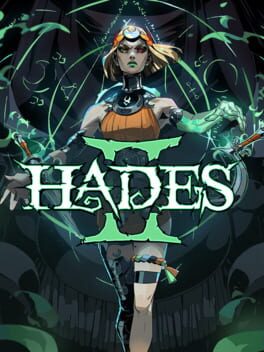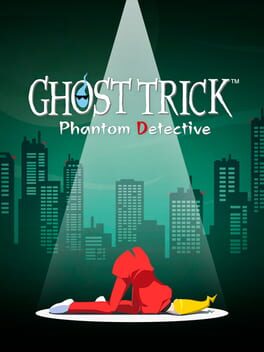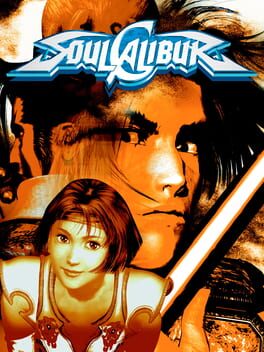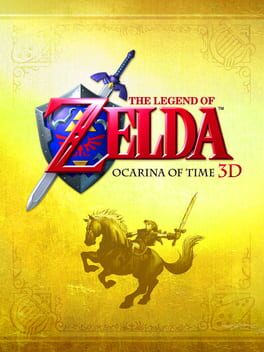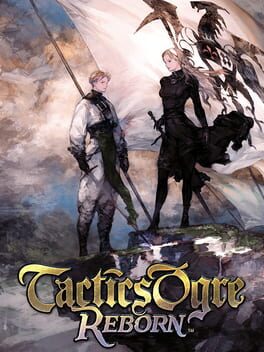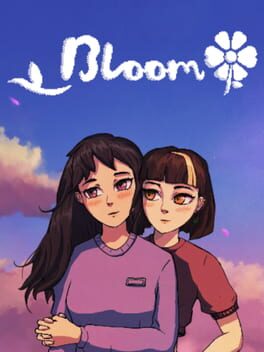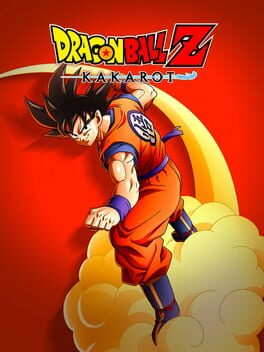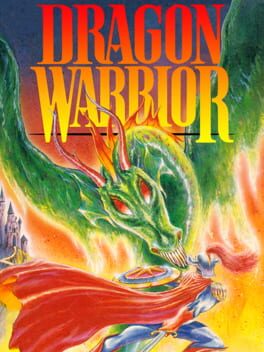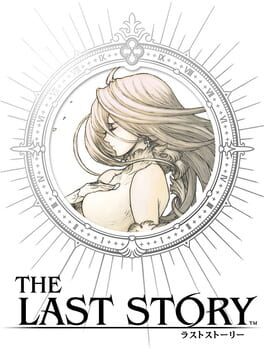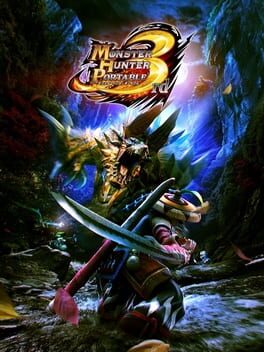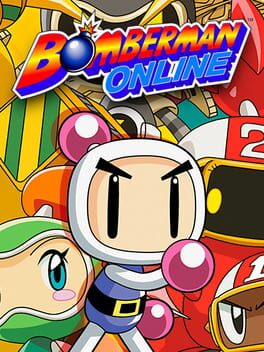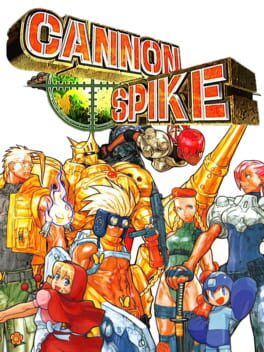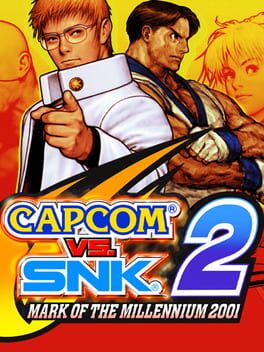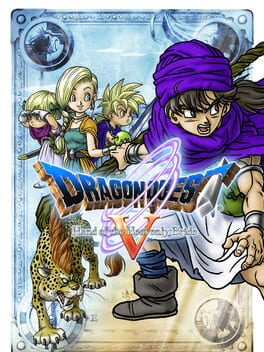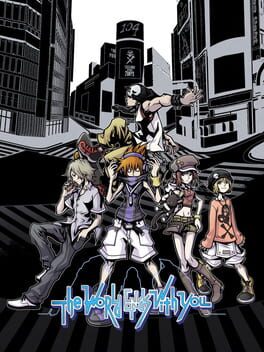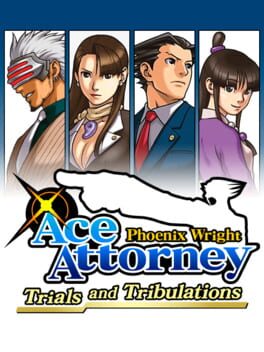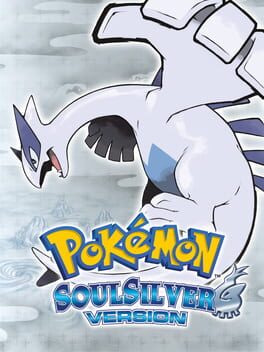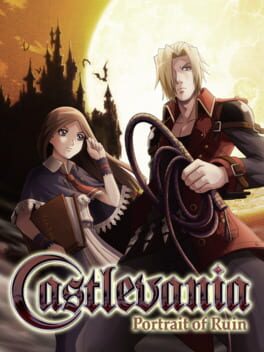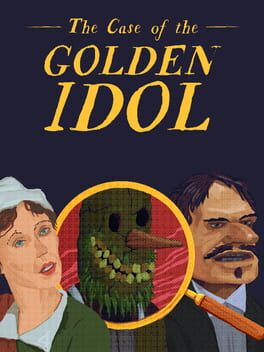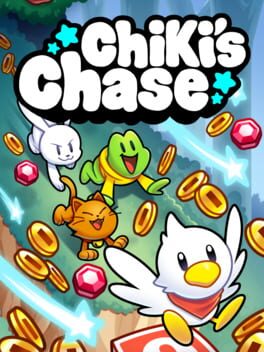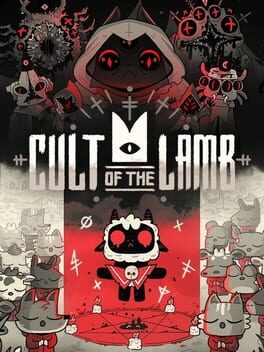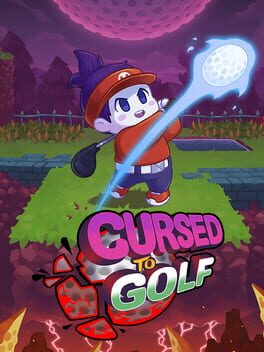donuts
15 reviews liked by donuts
Persona 3 Reload
2024
This one will stick with me for a long time, maybe forever.
It might be because of the strange overlap between the protagonist’s life and my own, where I spent most of 2009 as a third-year high schooler with strikingly similar hair, working in a local cafe and trying to figure out how to connect with others. It might be because — at least at the time — I was deep in the throes of depression without the vocabulary to properly describe how desperately apathetic I was about everything. People saw me as charming and intelligent and mysterious, and I saw myself as a blurry non-entity. I simply was, although I did not want to be. Looking at Makoto was like looking into a mirror. Uncomfortable until affirming.
Above all, Persona 3 is about time. How long will you dig your heels in before considering forgiveness? How long does it take to open up to someone new? How long do you even have left? The answers are never clear, nor should they be. Our relationship with the time we spend alive is, at its core, marked by the assumption that there is more ahead of us — for better or for worse. We can delay or we can strive, both in service of “then” instead of “now.”
But Persona 3 revels in “now.” Every day of the calendar is another opportunity to push outside the boundaries of who Makoto believes himself to be. Work at the cafe every day, and the added pocket change is just a backdrop to the human element. After weeks and months of toiling away, dealing with customers somewhere on the spectrum from hostile to jovial, you’re slightly more charming than you were before. These experiences, mundane or not, add up. A change in our being and a change in our outlook takes tremendous effort, and — of course — time and repetition. What came before builds us into who we are, and what comes next will build us even higher upwards upon that foundation.
Makoto is not alone, the dormitory building he finds himself in is inhabited by a group of students all struggling with their own internal crises. Healing takes help as much as it takes time. Over the course of the school year, these tenuous acquaintances blossom into a magnificent fellowship — the bonds between them feel lifelong, unbreakable. The more Makoto begins to find his own reason to push forward, the more he finds the power within himself to come to the aid of others around town. An elderly couple who lost their son, a disgraced monk who ran away from his family, and a woman who retreats into the virtual world of an MMO to escape her sadness are all looking for those same two things: More time, and a little bit of help to find it.
It’s through these relationships that Persona 3 finds harmony between its exploration of theme and gameplay. As the aptly named “Apathy Syndrome” takes root amongst the population, the collection of misfits within Iwatodai Dormitory need to strike a balance between saving the world at large and saving their own personal worlds. Nights spent climbing the seemingly infinite tower of Tartarus are occasional otherworldly skirmishes sandwiched between exams and days spent playing games at the arcade. The human experience is all-encompassing, and sometimes everything feels like navigating a tower of nightmares.
But the funny thing is, just as time heals, time also paves the way towards making the tower of nightmares more manageable. Tartarus starts as a metaphoric and literal burden, but ironically grows into a place of comfort. Before long you’ll bump up against the limitations of how high the tower will let you climb and you may — curiously — find yourself disappointed there are no more floors left to ascend for the night. You’ll just have to wait until the next full moon.
And the cycle repeats. Spend time with others, push yourself to be better, handle the hard stuff as best you can, keep moving forward. It all works in such perfect unison that I find myself days after the finale missing the world of Persona 3 deeply. But as much as I miss it, I’ve found myself carrying it with me all the same.
Because I could keep going on about its narrative and how fluid its battle system feels, and I could sit here and tell you exactly what Persona 3 is trying to say about our lives, but it’s the hours I spent living Makoto’s that continues to resonate.
You need to live it to feel it.
You need to put in the time.
It might be because of the strange overlap between the protagonist’s life and my own, where I spent most of 2009 as a third-year high schooler with strikingly similar hair, working in a local cafe and trying to figure out how to connect with others. It might be because — at least at the time — I was deep in the throes of depression without the vocabulary to properly describe how desperately apathetic I was about everything. People saw me as charming and intelligent and mysterious, and I saw myself as a blurry non-entity. I simply was, although I did not want to be. Looking at Makoto was like looking into a mirror. Uncomfortable until affirming.
Above all, Persona 3 is about time. How long will you dig your heels in before considering forgiveness? How long does it take to open up to someone new? How long do you even have left? The answers are never clear, nor should they be. Our relationship with the time we spend alive is, at its core, marked by the assumption that there is more ahead of us — for better or for worse. We can delay or we can strive, both in service of “then” instead of “now.”
But Persona 3 revels in “now.” Every day of the calendar is another opportunity to push outside the boundaries of who Makoto believes himself to be. Work at the cafe every day, and the added pocket change is just a backdrop to the human element. After weeks and months of toiling away, dealing with customers somewhere on the spectrum from hostile to jovial, you’re slightly more charming than you were before. These experiences, mundane or not, add up. A change in our being and a change in our outlook takes tremendous effort, and — of course — time and repetition. What came before builds us into who we are, and what comes next will build us even higher upwards upon that foundation.
Makoto is not alone, the dormitory building he finds himself in is inhabited by a group of students all struggling with their own internal crises. Healing takes help as much as it takes time. Over the course of the school year, these tenuous acquaintances blossom into a magnificent fellowship — the bonds between them feel lifelong, unbreakable. The more Makoto begins to find his own reason to push forward, the more he finds the power within himself to come to the aid of others around town. An elderly couple who lost their son, a disgraced monk who ran away from his family, and a woman who retreats into the virtual world of an MMO to escape her sadness are all looking for those same two things: More time, and a little bit of help to find it.
It’s through these relationships that Persona 3 finds harmony between its exploration of theme and gameplay. As the aptly named “Apathy Syndrome” takes root amongst the population, the collection of misfits within Iwatodai Dormitory need to strike a balance between saving the world at large and saving their own personal worlds. Nights spent climbing the seemingly infinite tower of Tartarus are occasional otherworldly skirmishes sandwiched between exams and days spent playing games at the arcade. The human experience is all-encompassing, and sometimes everything feels like navigating a tower of nightmares.
But the funny thing is, just as time heals, time also paves the way towards making the tower of nightmares more manageable. Tartarus starts as a metaphoric and literal burden, but ironically grows into a place of comfort. Before long you’ll bump up against the limitations of how high the tower will let you climb and you may — curiously — find yourself disappointed there are no more floors left to ascend for the night. You’ll just have to wait until the next full moon.
And the cycle repeats. Spend time with others, push yourself to be better, handle the hard stuff as best you can, keep moving forward. It all works in such perfect unison that I find myself days after the finale missing the world of Persona 3 deeply. But as much as I miss it, I’ve found myself carrying it with me all the same.
Because I could keep going on about its narrative and how fluid its battle system feels, and I could sit here and tell you exactly what Persona 3 is trying to say about our lives, but it’s the hours I spent living Makoto’s that continues to resonate.
You need to live it to feel it.
You need to put in the time.
Hades II
2024
I wanted to wait until I completed the Plat on this. Finally finishing it 100%, I can say this remake is easily the best remake ever made. But some things such as exposition and the ending dont stick the landing. I loved every second of this game, especially the insane combat this time around. Materia is more powerful than ever. Hopefully in part 3, 10 round brutal challenges and numerous minigames dont show their face again. Also, tifa bathing suit.
To say that Final Fantasy was important in my life would be a huge understatement. It goes far beyond being my favorite video game series of all time. It's part of who I am today.
But what, you might ask, makes these games so special to me? I believe that Final Fantasy is a very honest videogame series, which doesn't try to appear smarter than it actually is. I can list an extensive list of Japanese RPGs that have a more refined and robust narrative than most games in the Final Fantasy franchise; or even, several with better-designed combat systems, or that have a more modern game design in relation to their time. But that's the point: these things aren't the most important thing in a Final Fantasy game. Instead, the series tries to win over its player through feelings and emotions, unforgettable moments that will remain etched in their memory forever, and this is truly something that few RPG franchises can boast of having managed to achieve.
Perhaps the original Final Fantasy VII is the culmination of this representation. A brilliant game for its time, which has carried a huge legacy to this day. Not because of the gameplay, not because of its design, but because of what it represents, and the way it connected and was important to its players. And in this, Rebirth manages to replicate and get it right with all its strength.
Developing that group of characters to the point where you almost consider them lifelong friends, or a member of your own family, is really something. If you believe that the journey is more important than the final destination, Rebirth is a greater representation of the journey within the story of FF VII. Going from city to city, getting to know the group members' past, their anxieties, their traumas, the things that makes them happy, is priceless. The level of detail and care that Square Enix had in each interaction, each dialogue between the characters, was truly special. After playing video games for so many years, you can really tell when a development team is involved in that project, and are fans of the title as much of you are.
Earlier, I mentioned that gameplay is not the main selling point of the franchise, after all, its own philosophy is focused on innovation in each game. Even in the era of turn-based combat, we saw great differences and nuances in the gameplay of each game. It is a franchise that has a strong identity, without necessarily having a fixed identity. But in this regard, Rebirth absolutely rules. It truly has one of the best combat systems I've experienced in an action RPG, the level of experimentation and ways the player can play with it is much greater than in the Final Fantasy VII remake, which I already considered impressive.
In fact, beyond the combat system, Rebirth can very well be considered an amusement park. The abundance of minigames, activities, ways of leisure and passing time are unbelievably abundant. It's experimentation, and fun in the greatest essence of the word. Secret amazing bosses, insane difficult challenges, rewarding relationship system, the game just have all you could ask for a JRPG, and scream the words ''Final Fantasy".
Now, I'm not going to give away any spoilers, but I can say that Rebirth is one of the bravest games I've ever seen. Suffice it to say that if we put 100 players of the game in a room, we would probably have 100 different opinions about the developments and direction the story took. Its ending is something that will be absorbed and debated for years, and that's something I really admire.
I never tire of repeating that the most important thing to define your favorite games are not things like design, fun, or even technical aspects. But yes, the experience and the way you absorb it, and remember that game over time. And since the original Final Fantasy VII has always been in my memory, it will have to make room for Rebirth next to it, because my friend, I shouldn't forget it anytime soon.
But what, you might ask, makes these games so special to me? I believe that Final Fantasy is a very honest videogame series, which doesn't try to appear smarter than it actually is. I can list an extensive list of Japanese RPGs that have a more refined and robust narrative than most games in the Final Fantasy franchise; or even, several with better-designed combat systems, or that have a more modern game design in relation to their time. But that's the point: these things aren't the most important thing in a Final Fantasy game. Instead, the series tries to win over its player through feelings and emotions, unforgettable moments that will remain etched in their memory forever, and this is truly something that few RPG franchises can boast of having managed to achieve.
Perhaps the original Final Fantasy VII is the culmination of this representation. A brilliant game for its time, which has carried a huge legacy to this day. Not because of the gameplay, not because of its design, but because of what it represents, and the way it connected and was important to its players. And in this, Rebirth manages to replicate and get it right with all its strength.
Developing that group of characters to the point where you almost consider them lifelong friends, or a member of your own family, is really something. If you believe that the journey is more important than the final destination, Rebirth is a greater representation of the journey within the story of FF VII. Going from city to city, getting to know the group members' past, their anxieties, their traumas, the things that makes them happy, is priceless. The level of detail and care that Square Enix had in each interaction, each dialogue between the characters, was truly special. After playing video games for so many years, you can really tell when a development team is involved in that project, and are fans of the title as much of you are.
Earlier, I mentioned that gameplay is not the main selling point of the franchise, after all, its own philosophy is focused on innovation in each game. Even in the era of turn-based combat, we saw great differences and nuances in the gameplay of each game. It is a franchise that has a strong identity, without necessarily having a fixed identity. But in this regard, Rebirth absolutely rules. It truly has one of the best combat systems I've experienced in an action RPG, the level of experimentation and ways the player can play with it is much greater than in the Final Fantasy VII remake, which I already considered impressive.
In fact, beyond the combat system, Rebirth can very well be considered an amusement park. The abundance of minigames, activities, ways of leisure and passing time are unbelievably abundant. It's experimentation, and fun in the greatest essence of the word. Secret amazing bosses, insane difficult challenges, rewarding relationship system, the game just have all you could ask for a JRPG, and scream the words ''Final Fantasy".
Now, I'm not going to give away any spoilers, but I can say that Rebirth is one of the bravest games I've ever seen. Suffice it to say that if we put 100 players of the game in a room, we would probably have 100 different opinions about the developments and direction the story took. Its ending is something that will be absorbed and debated for years, and that's something I really admire.
I never tire of repeating that the most important thing to define your favorite games are not things like design, fun, or even technical aspects. But yes, the experience and the way you absorb it, and remember that game over time. And since the original Final Fantasy VII has always been in my memory, it will have to make room for Rebirth next to it, because my friend, I shouldn't forget it anytime soon.
Playing this for the second time and yelling out loud whenever there's a blatant piece of foreshadowing I completely missed my first playthrough.
Ghost Trick is a complete joy. You'll laugh, you'll cry, you'll scream "how was I supposed to know that?" at some of the absurd point and click logic. A must for fans of Ace Attorney and / or narrative adventure games. This game was one of the more impressive looking games on the DS and it still looks amazing on Switch. And getting more powerful speakers for the soundtrack is a blessing.
Ghost Trick is a complete joy. You'll laugh, you'll cry, you'll scream "how was I supposed to know that?" at some of the absurd point and click logic. A must for fans of Ace Attorney and / or narrative adventure games. This game was one of the more impressive looking games on the DS and it still looks amazing on Switch. And getting more powerful speakers for the soundtrack is a blessing.
SoulCalibur
1998
A friend of mine recently threw a party where we had the Dreamcast on in the living room. Most people politely tolerated the console's presence; they would come in, watch 5 minutes of a game, ask how old it was, and then leave.
But as soon as we switched to SoulCalibur, something changed. Everyone's passing curiosity turned into WWE arena levels of emotional investment. We passed the controllers around to would-be champions. We yelled. We cried. Complete strangers complimented my Lizardman's blocking ability. It was beautiful.
While I'd annoyingly argue that SoulCalibur II is the peak of the series, SoulCalibur (1?) remains one of the most transportive games on the Dreamcast. Sega's pitch of having the arcade at home feels fully crystalized when choosing your champion over the iconic orchestral character select theme.
While it's hard to remember the days when 3D fighters were being pitched as the next big thing, when you're playing SoulCalibur, that nostalgic excitement for a prospective future remains.
But as soon as we switched to SoulCalibur, something changed. Everyone's passing curiosity turned into WWE arena levels of emotional investment. We passed the controllers around to would-be champions. We yelled. We cried. Complete strangers complimented my Lizardman's blocking ability. It was beautiful.
While I'd annoyingly argue that SoulCalibur II is the peak of the series, SoulCalibur (1?) remains one of the most transportive games on the Dreamcast. Sega's pitch of having the arcade at home feels fully crystalized when choosing your champion over the iconic orchestral character select theme.
While it's hard to remember the days when 3D fighters were being pitched as the next big thing, when you're playing SoulCalibur, that nostalgic excitement for a prospective future remains.
Baldur's Gate 3
2020
Immediately one of the best RPG's I've ever played. Captures the indescribable magic of an in-person dnd session. Feels like everything I love about Dragon Age meshed with Larian's strengths as a developer--and it's sliiiiiightly more approachable than Divinity given the more intuitive engine of DnD 5e. I love this game.
Like the Bluepoint remake of Shadow of the Colossus, Ocarina of Time 3D is the type of remake that is mostly interested in preserving the original work. There is an extremely delicate balance between upgrading the visuals and preserving the charm of the N64 classic, and this game strikes that middle ground perfectly. As someone who plays Ocarina of Time annually, I feel pretty strongly this 3DS remake is the best way to play the game-- especially if it's your first time.
Tactics Ogre: Reborn
2022
I'm just using Reborn as the basis for my Tactics Ogre review since it's definitely going to be/already is the definitive version.
Anyway, welcome to the deepest game of all time. There just isn't a game with more attention to detail than this one and the thing is, all those details matter. See Tactics Ogre is a game about fluidity, it's game that adapts to you as you adapt to it.
It puts you into situations not math problems.
One map chicken men are flying at you so you steal their purple dragon, you then take that purple dragon and use it in the next map to stunlock a random soldier before convincing that soldier to join you. Little custom, individualized moments of gameplay. True individualism in game mechanics.
Story-wise the game reacts to everything, everything you do is tracked. If a main character dies, the game continues, and every scene that would be with them is different. While all this is going you have genuinely the most detailed and thought out fantasy setting in maybe anything. It's the type of game to have it's own Wikipedia that it constantly updates over the course of the game. Tonally, the game is perfect. It avoids the sort overly sappy writing of SRPGs and also manages to have a lot of charm by not being incredibly grimdark.
It's something that no words could ever really do justice because it's ultimately a video game. You have to play it to really "get" it.
Anyway, welcome to the deepest game of all time. There just isn't a game with more attention to detail than this one and the thing is, all those details matter. See Tactics Ogre is a game about fluidity, it's game that adapts to you as you adapt to it.
It puts you into situations not math problems.
One map chicken men are flying at you so you steal their purple dragon, you then take that purple dragon and use it in the next map to stunlock a random soldier before convincing that soldier to join you. Little custom, individualized moments of gameplay. True individualism in game mechanics.
Story-wise the game reacts to everything, everything you do is tracked. If a main character dies, the game continues, and every scene that would be with them is different. While all this is going you have genuinely the most detailed and thought out fantasy setting in maybe anything. It's the type of game to have it's own Wikipedia that it constantly updates over the course of the game. Tonally, the game is perfect. It avoids the sort overly sappy writing of SRPGs and also manages to have a lot of charm by not being incredibly grimdark.
It's something that no words could ever really do justice because it's ultimately a video game. You have to play it to really "get" it.
4 lists liked by donuts

